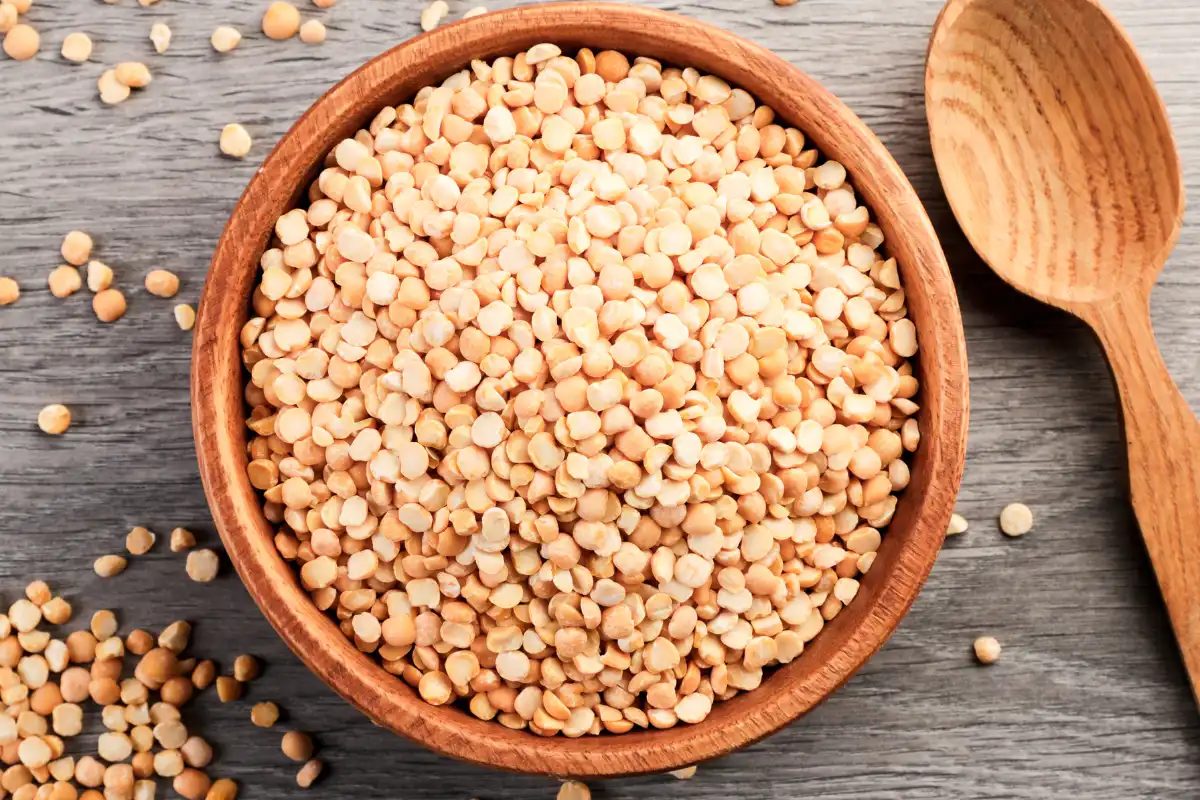Pea Protein in Action: Key Applications for Food Manufacturers
March 24, 2025

Markets worldwide are shifting towards plant-based diets, driving rapid growth in the plant-based protein industry. One standout ingredient in this space is pea protein, which has gained traction as a high-quality, functional, and sustainable alternative to traditional protein sources.
For food manufacturers and business owners, understanding the application of pea protein is essential to staying ahead of market trends. From sports nutrition and plant-based meat alternatives to dairy-free protein sources, pea protein offers versatility, nutritional benefits, and functional advantages in product formulation. This article explores how pea protein is being utilized across various food industry sectors and why it should be part of your product development strategy.
What Makes Pea Protein Ideal for Food Manufacturing?
Pea protein is extracted from yellow peas and is widely recognized for its high protein content (80-90%) and complete amino acid profile. It is particularly valued in food manufacturing for its neutral taste, excellent emulsification properties, and high digestibility.
Key Advantages of Pea Protein for Product Development:
- Allergen-Free – Unlike soy and dairy proteins, pea protein is naturally free from allergens, making it suitable for clean-label and hypoallergenic product formulations.
- High Solubility & Emulsification – Enables better texture, stability, and mouthfeel in beverages, dairy alternatives, and processed foods.
- Sustainability – Pea cultivation requires less water and produces lower carbon emissions compared to animal-based proteins, supporting eco-conscious branding and corporate sustainability goals.
Applications in Sports Nutrition
-
The sports nutrition market is expanding rapidly, with markets demanding clean-label, plant-based alternatives to whey protein. Pea protein for athletes offers comparable benefits to traditional proteins while catering to vegan and lactose-intolerant markets.
Functional Benefits in Sports Nutrition:
- Muscle Growth & Recovery – Contains high levels of BCAAs (branched-chain amino acids), essential for muscle repair and endurance.
- Digestive Ease – Free from dairy and gluten, making it a gentler alternative for individuals with digestive sensitivities.
Pea Protein in Plant-Based Meat Alternatives
The plant-based meat alternatives sector is a key driver of growth in the food industry. Pea protein plays a crucial role in mimicking the texture, juiciness, and protein content of traditional meat products.
Why Pea Protein is Essential for Meat Substitutes:
- Textural Enhancement – Provides firmness and chewiness similar to animal protein.
- Improved Water Retention – Helps retain moisture in plant-based burgers, sausages, and nuggets.
- Clean-Label Appeal – Non-GMO, allergen-free, and widely accepted by health-conscious markets.
Dairy Alternatives with Pea Protein
As demand for dairy-free protein sources grows, food manufacturers are incorporating pea protein into plant-based milk, yogurt, cheese, and creamers. Unlike almond or rice milk, pea protein provides a higher protein content, making it a compelling substitute for dairy.
Pea Protein in Dairy-Free Formulations:
- Plant-Based Milk – Offers a creamy consistency and enhanced nutritional profile compared to other non-dairy milks.
- Vegan Yogurts & Cheese – Maintains stability and texture while delivering high protein content.
- Functional Beverages – Used in protein-enriched drinks and RTD (Ready-To-Drink) shakes.
Functional Benefits in Food and Beverage Manufacturing
Beyond its nutritional value, pea protein is widely used in food processing for its functional properties, making it an excellent ingredient in diverse applications.
Functional Properties for Food Formulation:
- Emulsification – Improves the stability of dressings, sauces, and plant-based dairy products.
- Gelation – Enhances texture in vegan cheese, baked goods, and meat substitutes.
- Water Binding – Helps retain moisture in high-protein food formulations.
Pea Protein in Infant and Senior Nutrition
The specialized nutrition sector, including infant formula and senior dietary supplements, is another growing application of pea protein.
Benefits for Infant Nutrition:
- Hypoallergenic – A safe alternative for infants allergic to dairy or soy.
- High Digestibility – Gentle on the digestive system, supporting early-stage nutrition.
Benefits for Senior Nutrition:
- Muscle Retention – Helps prevent sarcopenia (age-related muscle loss) in elderly markets.
- Easy Absorption – A practical option for aging individuals with reduced digestive efficiency.
Sustainability and Market Appeal
Pea protein aligns with corporate sustainability goals and evolving market preferences for environmentally responsible food production. Compared to animal-derived proteins, pea protein offers:
- Lower Water Usage – Requires significantly less water than livestock farming.
- Reduced Carbon Footprint – Emits fewer greenhouse gases than traditional protein sources.
- Regenerative Agriculture Support – Peas naturally enrich soil health, reducing the need for synthetic fertilizers.
Frequently Asked Questions
Yes. Pea protein contains all nine essential amino acids, making it an excellent protein source for food manufacturers.
Compared to soy, pea protein is non-GMO, allergen-free, and sustainable, with a higher protein content than rice or hemp protein.
Pea protein is widely used in sports nutrition, plant-based meat, dairy alternatives, functional foods, and specialized nutrition consumer.
Conclusion
As demand for plant-based, sustainable, and functional ingredients continues to rise, pea protein applications present a significant opportunity for food manufacturers and business owners. Its versatility, nutritional benefits, and clean-label appeal make it a game-changer in product development.
For high-quality pea protein solutions tailored to your manufacturing needs, explore Satoria Nutrisentials’ range of plant-based protein ingredients. Discover how our pea protein solutions can enhance your formulations: Satoria Nutrisentials.